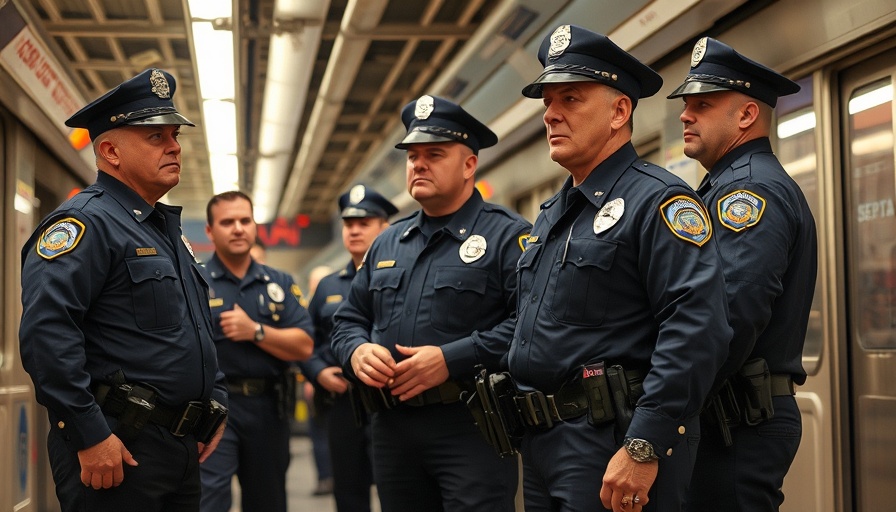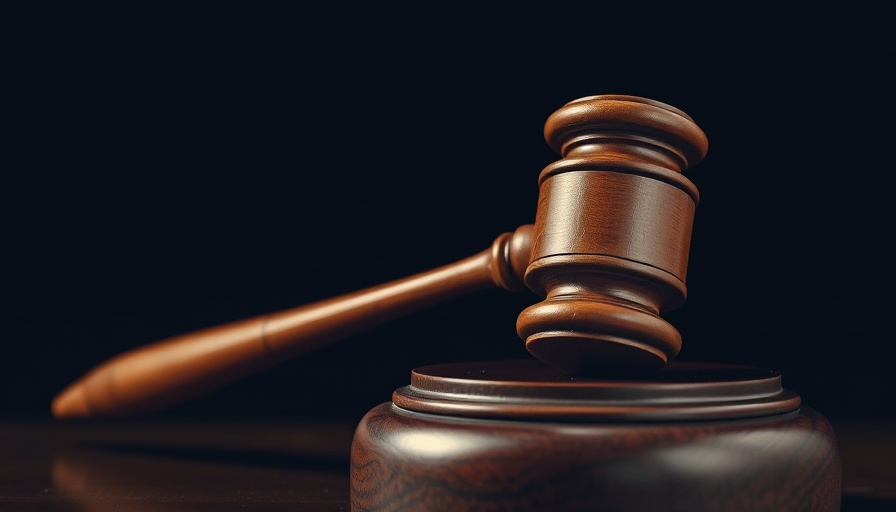
SEPTA’s New Chapter: The Role of a Special Prosecutor in Philadelphia
With crime rates on the rise in urban centers nationwide, Philadelphia has experienced an interesting turnaround with a significant drop in serious incidents on the Southeastern Pennsylvania Transportation Authority (SEPTA) transit system. However, as crime statistics change, so do the local judicial processes. The advent of a state-appointed special prosecutor, Michael Untermeyer, is shaking up how transit crimes are handled in a landscape dominated by local jurisdiction.
What Prompted the Need for Change?
The introduction of Act 40, which empowers a special prosecutor, has emerged from rising concerns among legislators about how city governance handles crime on public transit. Pennsylvania Attorney General Dave Sunday stated that the law is designed to enhance protections for commuters and ensure that crimes committed on the transit system are prosecuted efficiently. This change is crucial as transit safety directly impacts the daily lives of commuters—many of whom are top wage earners relying on SEPTA to get to work. A significant stabbing incident at a SEPA station recently highlighted the urgency of addressing safety on public transportation, pulling the focus to the special prosecutor's new role.
Concerns Over Accountability and Local Control
However, not everyone is supporting this prosecutor's new role. Local District Attorney Larry Krasner has been vocal against the special prosecutor's appointment, arguing that it undermines the right of residents to elect their chief prosecutor. His lawsuit to block Act 40 illustrates a genuine concern regarding the eroding of local authority in judicial matters. Proponents of Act 40, like Senator Wayne Langerholc, believe that action must be taken against crime that they claim has been inadequately addressed by the current DA's office. The impending legal considerations demonstrate a fascinating juxtaposition between local governance and legislative authority, and how each influences crime prevention and prosecution.
Real-World Implications: What This Means for Commuters
The newly established prosecutor's office is now actively pursuing cases: 12 filed and 28 under consideration as of last week. These numbers signal not only a change in how crimes are prosecuted but also a newly invigorated effort to ensure the safety of those accessing public transit. For commuters, especially high-income earners who need a reliable and safe transport option, these developments can evoke mixed feelings—relief at seeing action taken while also fearing potential upheaval in legal processes.
A Future Filled with Potential or Uncertainty?
The future of the special prosecutor rests on an extension of Act 40, set to expire at the end of 2026 unless legislators act to renew it. Its short-term existence means that justice systems on mass transit are under an evolutionary process that could either solidify safety protocols or redefine local political dynamics. This tension reveals an important narrative about how community safety is perceived and managed.
Why This Matters: Community and Safety
Tightening safety and legal enforcement in public spaces resonates well with the community. It reflects a collective desire to enhance personal security while using public transport. In a broader sense, these developments carve a space for citizens to advocate for their rights and safety, ultimately engendering a more engaged and informed populace.
This debate surrounding the prosecution of transit crimes will affect how local governance interacts with judicial authority, highlighting the importance of civic engagement in these discussions. Top wage earners, along with every Philadelphia commuter, must stay informed and involved. As citizens, pushing for transparency and advocating for an approach that prioritizes community needs is paramount.
As you navigate through this evolving situation, consider attending local forums or engaging in discussions that bring awareness to public safety challenges. Your voice is vital in shaping a secure environment for all.
 Add Row
Add Row  Add
Add 




Write A Comment